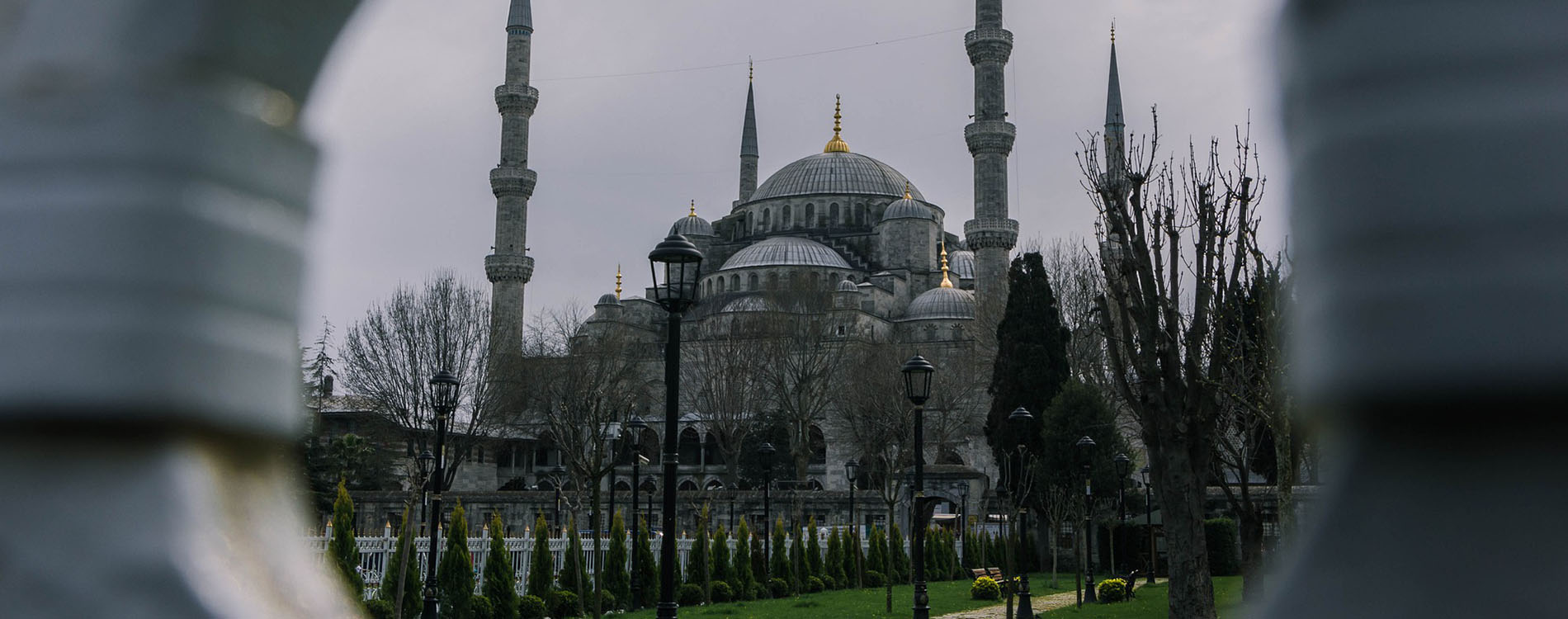The main sources of Islam’s doctrine are the holy scripture, the Qur’an, and the sacred tradition, the Sunnah.
The Qur’an (Arabic. “According to tradition it is said that Muhammad could not read and write, that is why he memorized verses by heart and then recited them aloud to people from memory) – the Muslim holy book, dictated to Muhammad by archangel Jabrail during 23 years in Arabic. Originally transmitted orally, it was codified in the mid 7th century (under Caliph Othman). It consists of 114 chapters (surahs) comprising 6,500 verses (ayats). Surahs are divided by periods into Meccan (as a rule, short) and Medinan. The Qur’an in Islam is considered to be the created, 100% authentic true guidance of God to men. The practice of interpreting the Qur’an – Tafsir (Arabic for “to explain”) – in Islam is only allowed by specially trained people (mufassirs). Hafiz, that is, people who know the Quran by heart, are also held in high esteem among Muslims.
The Sunnah is set forth in the form of hadiths (sayings of Muhammad and his Companions) in several collections. In Sunnism, the most authoritative collections of hadith are those of Imam Bukhari, Imam Muslim, Imam Abu Dawud, Imam ibn Maji, Imam al-Tirmizi, and Imam Nasai. Hadiths are divided into a number of groups depending on their reliability (authority of the source). There is disagreement between the various currents in Islam regarding the acceptance of certain ayats (e.g., about Ali as the successor of Muhammad, about Mahdi as the coming Messiah, etc.).
Prayers in Islam are divided into obligatory, approved and additional. There are five obligatory daily prayers, each at a certain time of day.
Muslims who do not observe the Five Pillars of Islam are considered to be sinners, and those who deny their necessity are kafirs (non-Muslims).
Zakat (purification donation) is paid by a Muslim once a year as a percentage of various incomes (2.5% for money).
Every Muslim is obliged to fast once a year for 30 days (the month of Ramadan), which consists in abstaining from eating, drinking, sexual intimacy and anything that may violate the pious behavior of a person. The time of fasting lasts from sunrise to sunset.
Every believer who is able to make the pilgrimage must make it at least once in his life (to Mecca).
Islam is viewed by Muslims not simply as a sphere of sacred experience, but as a way of life. Law and politics, ethics, personal life, all relationships between people are conditioned by Islam for a Muslim. The most significant point here is the high role of law, the Sharia (“the straight path”), which regulates human life down to the smallest detail.
Islam is a religion of intention and sets a high ideal of the individual. The goal of man is salvation, and the goal is obedience to God. The way to achieve this goal is constant self-improvement in the physical, intellectual, spiritual and moral aspects.
The moral values of Islam are traditional: a special role is assigned to men, family, community, elders in age and status, and military ethos.
In classical Islam, patriotism did not play a special role, and Islam did not generally act as a source of national identity, being a universal religion supporting the theory of people’s equality before God. Nevertheless, to be moral, truly religious and to be a Muslim, according to Islam. Despite such exclusivism, Islam treats “people of the scriptures,” primarily Christians and Jews, with special reverence.
Islam is an independent, integral religious system. Being rather young world religion, Islam made significant contribution to human civilization and is actively developing in the modern world, carrying traditional universal values. The specificity of Islam is the determining role of Holy Scripture, absolute monotheism, strict ethics, and the priority of practice in the life of the believer (in this case Islam is a religion of intention, that is, the affirmation of the individual subject). The unity of Islam is ensured by a common creed, the foundations of doctrine. Differences in the currents of Islam relate to issues of inheritance of power, peculiarities of legal practice and certain aspects of ritual. Islam is a special type of worldview and way of life.
